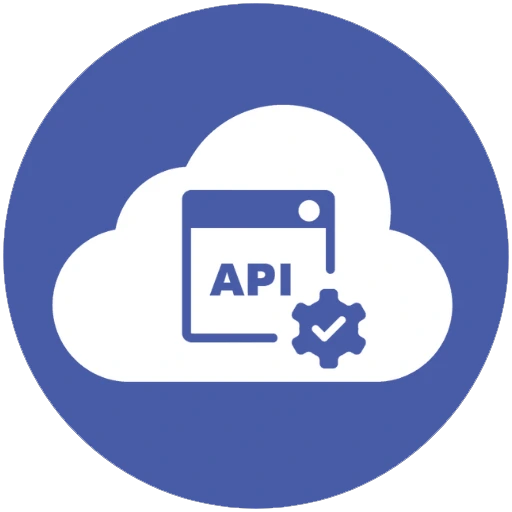Application Programming Interfaces (APIs) act as vital conduits for facilitating communication and data exchange among diverse software systems. Yet, this heightened connectivity exposes APIs to potential vulnerabilities, such as injection attacks. Injection attacks take advantage of weak input validation, allowing malicious actors to manipulate API parameters and inject harmful code, jeopardizing data integrity, breaching security boundaries, and compromising entire systems. In this context, the adoption of secure coding practices and the integration of robust security mechanisms like CRIPSA are crucial in fortifying API security.
Understanding Injection Attacks:
Injection attacks typically involve injecting malicious code, such as SQL, NoSQL, or OS commands, into API inputs to manipulate the API's behavior or access sensitive data. Common types of injection attacks include SQL injection, NoSQL injection, command injection, and XML/XXE injection. These attacks exploit poor input validation, lack of parameter sanitization, or improper data encoding/decoding.
How CRIPSA Resolves Injection Attacks:
Input Validation: CRIPSA employs strong input validation techniques, including regular expressions, white-listing, and black-listing, to validate the format, type, and length of API inputs. By enforcing strict rules, it ensures that only legitimate and expected data is accepted, preventing injection attacks.
Sanitization and Encoding: CRIPSA performs thorough sanitization of API input data to remove any potentially malicious content or special characters. It employs techniques like input escaping, character encoding, and input normalization to ensure that data is safely handled and processed, reducing the risk of code injection.
Parameterized Queries: To prevent SQL and NoSQL injection attacks, CRIPSA encourages the use of parameterized queries. By separating SQL statements from user input, it ensures that the data is treated as data, rather than executable code, making injection attacks virtually impossible.
XML Parsing Protection: CRIPSA addresses XML/XXE injection vulnerabilities by implementing secure XML parsing techniques. It disables external entity expansion, restricts DTD (Document Type Definition) processing, and validates XML schemas to prevent unauthorized access and manipulation of sensitive data.
Error Handling and Logging: CRIPSA includes robust error-handling mechanisms to handle unexpected input and prevent information leakage. It logs detailed error messages, providing valuable insights for security auditing, incident response, and forensic analysis.
Injection attacks pose grave threats to API security, exposing organizations to potential data breaches and system compromise. However, by implementing CRIPSA's secure coding practices and leveraging its comprehensive suite of features, organizations can effectively mitigate these risks and protect their APIs. CRIPSA's robust input validation, thorough sanitization, reliable encoding mechanisms, parameterized queries, XML parsing protection, and meticulous error handling collectively reinforce the integrity and safety of API inputs. As a result, organizations can bolster their overall security posture, ensuring that only trusted and properly formatted data is processed. By embracing CRIPSA, organizations can fortify their defenses against injection attacks, safeguard their APIs, and maintain the security of their connected systems.
 SSO SAML 2.0
SSO SAML 2.0
 OAuth 2.0
OAuth 2.0
 Multi Factor Authentication
Multi Factor Authentication
 PasswordLess
PasswordLess
 WhatsApp
WhatsApp
 M2M API Security
M2M API Security
 Secret Manager
Secret Manager
 Role Based Access Control
Role Based Access Control
 Audit Log
Audit Log
 User Session Management
User Session Management











